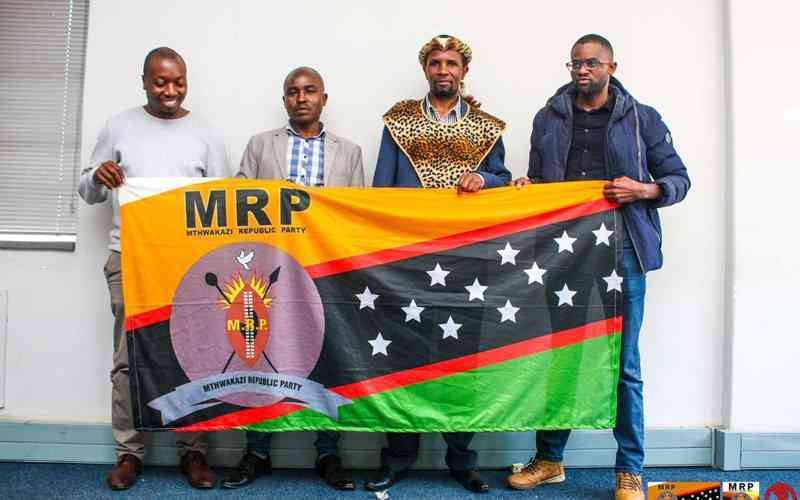
THE long-awaited public hearings on the 1980s mass killings in Matabeleland and the Midlands begin today under a cloud of secrecy, with observers saying the process is flawed.
Deputy President of the National Council of Chiefs, Chief Fortune Charumbira, last week said the hearings would be held in private, with the media barred.
Charumbira said only one victim at a time will appear before an unknown panel allegedly comprising elders, religious leaders, youth and women’s representatives.
President Emmerson Mnangagwa appointed traditional leaders to lead the public hearings to resolve the country’s dark past.
Observers said the way the public hearings would be held would do little to achieve their intended purpose of finding closure to the mass killings.
In a statement, the Mthwakazi Republic Party (MRP) said the decision to hold private hearings lacked transparency and accountability.
“This approach may be designed to manipulate the narrative and silence victims, rather than providing a genuine platform for them to share their experiences and seek justice,” MRP leader, Mqondisi Moyo, said.
“The requirement for individual victims to stand before a panel of 13 or more officials, allegedly Zanu PF members masquerading as government officials, to provide testimony and evidence is a recipe for intimidation and harassment.”
- Moyo: Matabeleland is marginalised
- Bubi human remains discovery sparks debate
- Moyo: Matabeleland is marginalised
- Bubi human remains discovery sparks debate
Keep Reading
Moyo said the approach was likely to instil fear and anxiety among victims "who may be reluctant to share their experiences and testimonies in such a setting."
“Moreover, the victims have raised concern that this process may be a sinister plot by Zanu PF to identify and silence the remaining survivors and witnesses, potentially enabling government to further persecute and harm them,” he said.
“The United Nations Basic Principles and Guidelines on the Right to a Remedy and Reparation for Victims of Gross Violations of International Human Rights Law and Serious Violations of International Humanitarian Law (2005) emphasise the importance of transparency, accountability and victim participation in reparation processes.
“The proposed programme falls short of these international standards.”
Zapu leader, Sibangilizwe Nkomo, also criticised the approach as flawed.
“People have been clear about what they want to be done, not the way these talks are going to be conducted,” Nkomo said.
“To say the victims or survivors are going to present their cases one by one to a panel of more than 10 people whom they do not know is going to be a difficult task altogether.
“This is just a similar situation that people faced during the Gukurahundi era, whereby people were being interrogated one by one to say things that they did not know.”
Former Speaker of Parliament, Lovemore Moyo, said the hearings were a betrayal of the people of Matabeleland.
“It is absurd, manipulative and a betrayal on the part of the people of Matabeleland, chiefs seem to be covering up for the perpetrator,’’ said Moyo.
Zimbabwe Congress of Trade Unions western region chairperson, Ambrose Sibindi, challenged the composition of the panel.
“Chiefs are also victims directly or indirectly and the outcome might not be what is expected by the people,” Sibindi said.
“After the completion of the whole exercise, who is going to compile the final report? If it is going to be government, then it is going to be a problem because the same government is an interested party.










